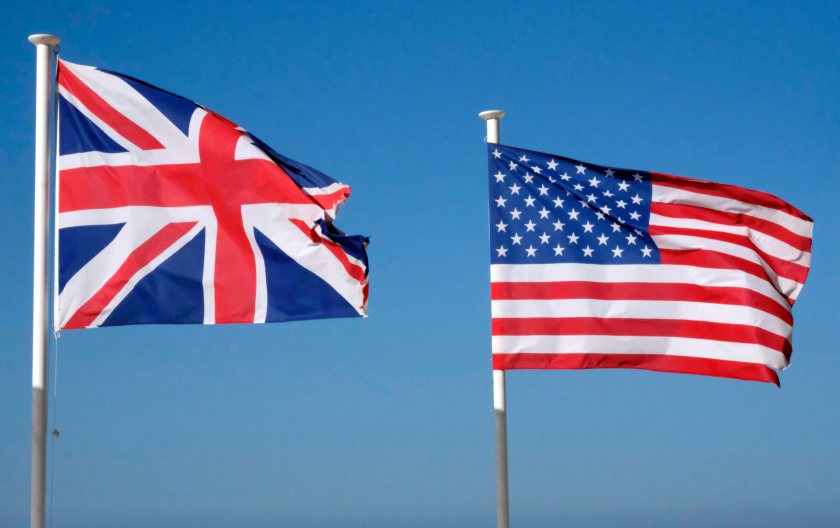
Farm leaders have delivered a clear message to ministers: the UK’s agricultural sector cannot absorb any further losses in ongoing trade negotiations with the United States.
As the next phase of UK-US trade talks begins, the government is being urged not to trade away British farming interests in pursuit of wider tariff reductions.
Industry representatives warn that further concessions would severely damage a sector already under strain, while potentially undermining the UK’s high standards for food safety, animal welfare, and environmental protection.
Concerns have intensified over suggestions that the US may demand additional access to UK agri-food markets in exchange for reducing the 10% tariffs introduced by President Trump earlier this year on nearly all imported goods.
At an emergency board meeting of the NFU, elected representatives from across the UK’s food-producing sectors agreed that the deal secured in May—granting increased market access for US beef and ethanol—was already a heavy price to pay.
Board members concluded that British agriculture cannot sustain further concessions without putting its long-term viability at risk.
NFU President Tom Bradshaw acknowledged the government's desire to eliminate the 10% tariffs on exports to the US but urged caution about the potential cost.
“It’s understandable that the UK government wants to eliminate the 10% tariffs on all goods going to the US,” he said, “but we have to ask – what is the cost?”
He stressed that Washington has been open about its ambitions for expanded access to the UK market for American agricultural products—“and it is not afraid to throw its weight around to get what it wants.”
Mr Bradshaw made clear that British agriculture has already played its part, having sacrificed access to its beef and ethanol markets to secure tariff cuts for sectors such as automotive and steel. “We have nothing more to give.”
He noted that the UK has honoured its commitments, with new access granted to US beef and ethanol imports as of 30 June. However, the US has yet to reciprocate by allowing British beef into its market, as promised.
“No one has been able to agree a deal which removes these 10% tariffs,” he said. “We cannot continue to barter away critical sectors such as food production in pursuit of tariff reductions which may never materialise and that simply take us back to where we were before ‘Liberation Day’.”
Mr Bradshaw warned that unless a fair outcome is achieved, the government must be ready to walk away from the talks altogether.
“Our government has stood firm so far to protect our most sensitive farming sectors and to safeguard our high welfare, environmental and food safety standards,” he said.
“It has to continue to do so by taking further agricultural concessions off the negotiating table, or we run the serious risk of crippling our country’s ability to produce its own food and undermining our food production values.”
“And if push comes to shove and the US doesn’t accept this,” he concluded, “I hope our government would prioritise its own farming sector – the foundation of our nation’s food security – over any further deal with the US, even if it means accepting the 10% tariffs.”
The warning comes against a backdrop of growing concerns about the long-term resilience of UK farming following recent trade agreements.
Since the Australia and New Zealand deals came into force, imports of Australian beef have more than doubled—rising from 1,917 tonnes in the first five months of 2024 to 3,920 tonnes over the same period in 2025—contributing to downward pressure on prices for British beef producers.
